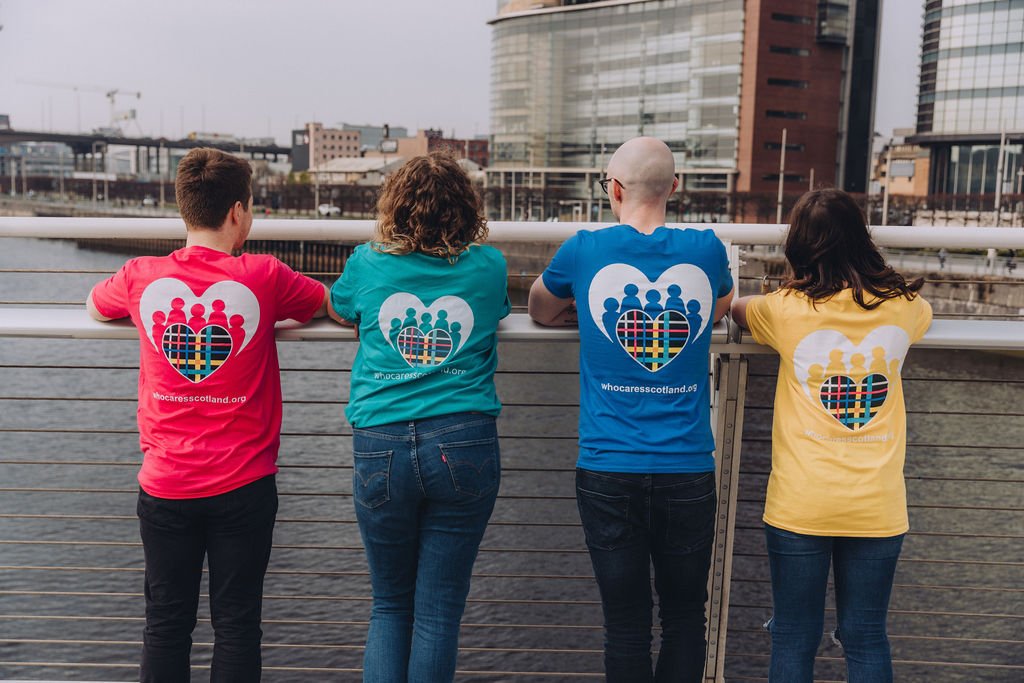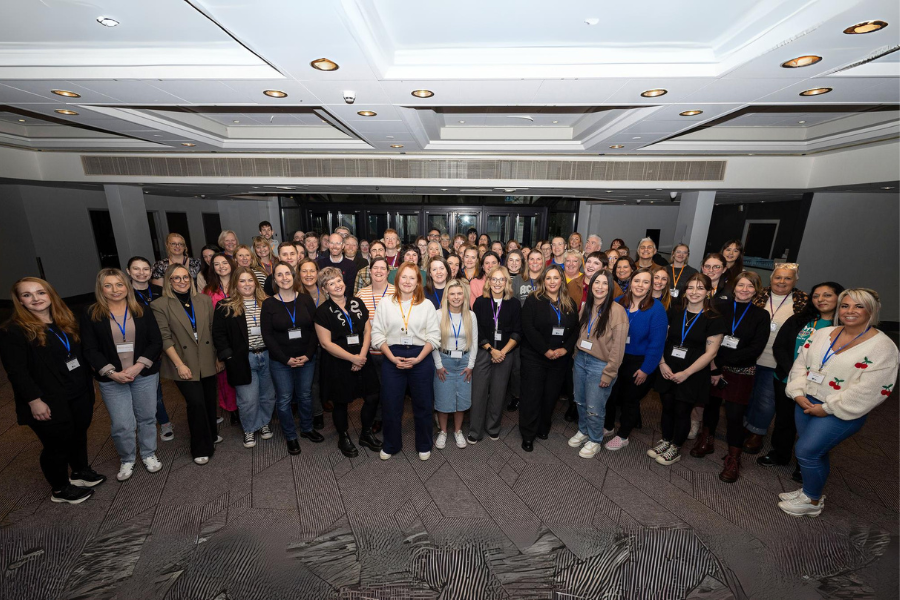Bringing Care Experienced people together locally and nationally has always been an important part of our work. Young people continue to tell us that the experience of having social work involvement in their life, or a Children’s Panel deciding where they should stay, who they should stay with and what contact they should have with their siblings and parents, makes them feel different.
We believe that connecting with people who have similar feelings and experiences is hugely important for the Care Experienced community. Our participation work across Scotland creates the sense of inclusion, friendship and understanding that young people in care often don’t get elsewhere. That is why our membership programme was established. Anyone with any experience of care, of any age, can become part of the membership. We currently have over 3000 members, and our members often refer to each other as their Who Cares? Scotland family. Our commitment is that we will continue to support our members to get together, to campaign for change and to feel a sense of belonging.







